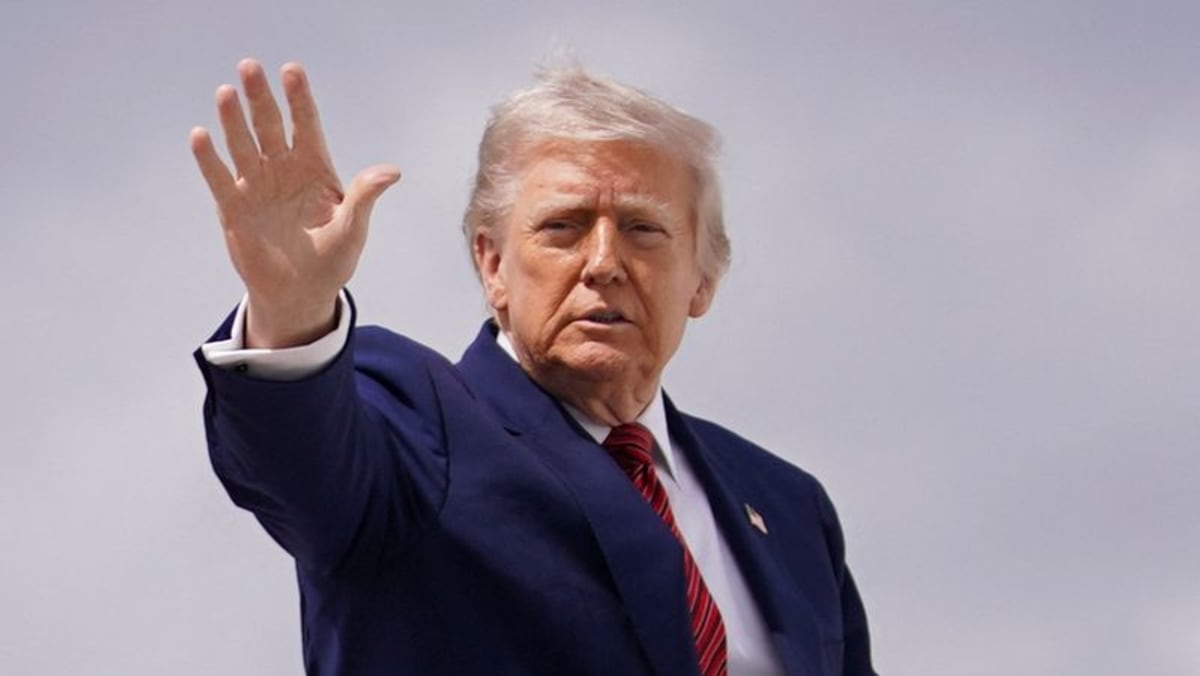Brussels and Washington have been negotiating in a bid to avert an all-out transatlantic trade war, and had agreed to suspend tariff action on both sides until July.
But Trump’s threat on Friday dramatically raised the stakes.
The US leader said on Friday he was “not looking for a deal” with the EU, repeating his oft-stated view that the bloc was created to “take advantage” of the US.
German Finance Minister Lars Klingbeil separately on Sunday called for “serious negotiations” with Washington, saying he had spoken with his US counterpart Scott Bessent about the matter.
“We don’t need any further provocations, but serious negotiations,” Klingbeil, who is also Germany’s vice chancellor, told Bild newspaper.
“The US tariffs endanger the US economy just as much as the German and European economy,” Klingbeil warned.
Trump has hit the bloc with three sets of tariffs: 25 per cent on steel and aluminium and on automobiles, followed by a 20 per cent “reciprocal” levy on all imports – which has been suspended pending talks, though a baseline 10 per cent remains in force.
The EU’s trade chief, Maros Sefcovic, who held talks with his US counterparts on Friday, responded to Trump’s latest outburst by saying the bloc was “committed to securing a deal” but that trade ties should be based on “mutual respect, not threats”.
Brussels has announced plans to hit US goods worth nearly €100 billion (US$113 billion) with tariffs if negotiations fail to produce a deal.
The US trade deficit in goods with the EU was US$236 billion in 2024.
But when taking account of services, where American firms are dominant, the European Commission calculates that the US trade deficit stood at €50 billion.
